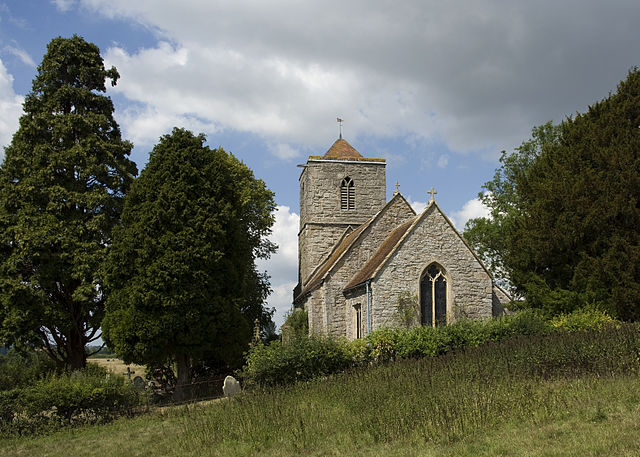Between a summer heatwave in the United States and Europe and a recent speech by President Trump, the topic of climate and environmental policy and conditions has been even more prominent than usual lately. Having spent most of the past year as a Fulbright postgraduate scholar in Australia, including a very hot summer during which the Green New Deal proposal was announced, I’ve been recently reminded of a conversation I had with another scholar on the topic of climate and faith.
My fellow Fulbright scholar was completing a project focused around climate change and assumed, once he was aware that I was a person of faith, that I would strongly object to any such work. I briefly explained a Biblical view of stewardship of the environment as I understood it, requiring wisdom, conservation, humility, and piety.
While I did not go into depth, there are plenty of passages in the Bible that point believers toward a healthy respect and care for the earth. As early as Genesis chapter 2, Adam is called to take care of the natural environment around him. Later, it becomes clear that creation points observers toward God, and that human action harming nature is condemned.
Of course, my friend who did not share my religious convictions asked me why people of faith were not more politically focused on climate change as the most important issue if we truly believed the robust stewardship ethic I outlined. Obviously I cannot speak for every person of faith, but I argued then that there were other questions of society and policy which, if handled first, would go a long way towards solving any current problems of misuse or abuse in the natural order.
Fostering a moral culture rooted in the family can go a long way toward spreading the concept of stewardship. If the transcendent origin and destiny of man are realized, then the moral implications of his choices, including decisions about the environment, are easier to discuss and consider. Treating individuals as intrinsically dignified moral agents that yet can sin, requiring some state restraint, is a paradigm that can translate to environmental policy analysis.
Crucially, however, an understanding of the importance of culture for stewardship is strongest when paired with a recognition of the value of human creativity. Acton scholars have already pointed out that the best solution to climate change can be undertaken by individuals without government action, and that the heavily regulated EU has missed the recent emissions-reduction success of the more free-market United States energy sector.
Thus, it comes as no surprise that Forbes reports the deregulating approach of Donald Trump’s administration has led both to a cleaner environment and increased funds from energy projects, money that can be invested in habitat restoration. While Trump’s speech on environmental policy has been attacked, the critics often take the perspective that removing regulation is automatically harmful, rather than considering the alternative idea that many individuals care about the environment, and unleashing their creative potential may produce better outcomes than stifling it through regulation.
Embracing culture and creativity as crucial to addressing climate change can yield much deeper, longer-lasting results than a top-down approach to policy. Thankfully for people of faith such as myself, the stewardship ethic and the productivity of free enterprise come together easily to promote a healthy natural order, allowing obedience to God to coexist comfortably with the earthly pursuit of human flourishing.
(Photo Credit: Saffron Blaze CC BY-SA 3.0)

